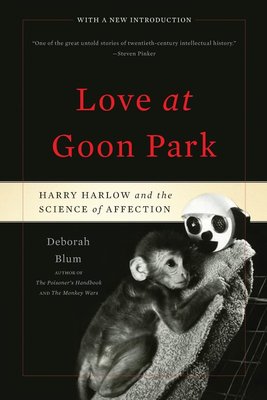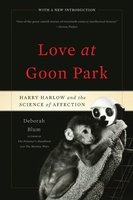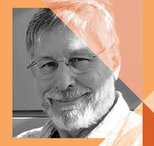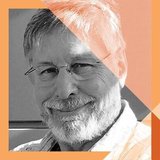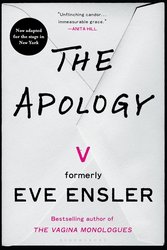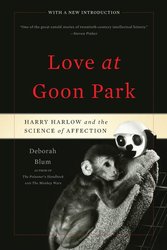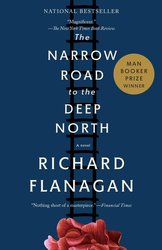In this meticulously researched and masterfully written book, Pulitzer Prize-winner Deborah Blum examines the history of love through the lens of its strangest unsung hero: a brilliant, fearless, alcoholic psychologist named Harry Frederick Harlow. Pursuing the idea that human affection could be understood, studied, even measured, Harlow (1905-1981) arrived at his conclusions by conducting research-sometimes beautiful, sometimes horrible-on the primates in his University of Wisconsin laboratory. Paradoxically, his darkest experiments may have the brightest legacy, for by studying "neglect" and its life-altering consequences, Harlow confirmed love's central role in shaping not only how we feel but also how we think. His work sparked a psychological revolution. The more children experience affection, he discovered, the more curious they become about the world: Love makes people smarter. The biography of both a man and an idea, The Measure of Love is a powerful and at times disturbing narrative that will forever alter our understanding of human relationships.
